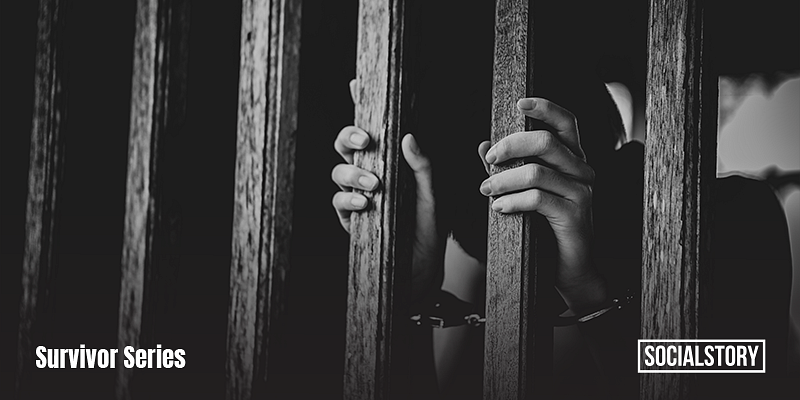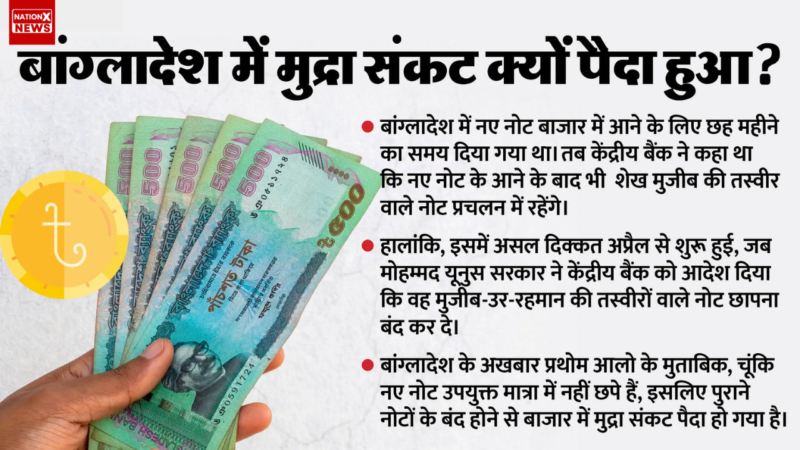My mother died when I was very young and my father eventually re-married. I still remember the day I was kidnapped clearly. I had a fight with my stepmother. Angry and frustrated, I ran to the nearest mandir (temple) near my house and sat there hoping to get some peace of mind. Things would be a lot easier if I were financially independent, I mused.
As I sat there, lost in thought, I felt someone approach me. I recognised him immediately – he was family, my ‘jiju’ (brother-in-law).
I hastened to tell him all that troubled me, and he was very understanding. He told me that we would go to Mumbai, the city of dreams, where he would help me get a good job that would pay me well and help me stand on my own feet. I would not have to listen to my stepmother anymore. My ears perked up and I agreed to travel with him.
For some reason, he was adamant that we should put this plan into action right away. There was to be no delay.
So, we left straight away and boarded the train from my home in Mathurapur, Mandir Bazar, South 24 Parganas, West Bengal. I still remember the date clearly. It was June 22, 2019, and I was 16 years old.
Within 24 hours of arriving in Mumbai, he had sold me to a brothel. I had no idea what had happened, how everything had gone so horribly wrong. All I knew was that my jiju had betrayed me for money. The next seven months were hell on earth, where I was forced to have sex with customers.
In January 2020, I was rescued during a periodic raid that was carried out by the Mumbai Police. I was sent to the shelter home of the Rescue Foundation in Mumbai. Goranbose Gram Bikash Kendra (GGBK), an NGO working in West Bengal, which collaborates and networks with other NGOs across India to prevent human trafficking, was alerted of my rescue.
They needed to get me home to ensure I was provided with all the psychological help I needed. GGBK sent the Mumbai courts a home investigation report which had all my details – my name, address, parents’ name and other such details. Once this was submitted, the child welfare committee (CWC) in Mumbai connected with the CWC in Bengal and I was brought back to Bengal, where I began staying at a shelter home.
My case was lodged in the local police station under sections 363, 365, 366A, 370, 372, 373 of the Indian Penal Code and Section 6 of Protection of Children from Sexual Offences. GGBK also provided counselling and psychological support to me and my family. They also ensured I underwent a thorough medical examination, assessing my many injuries and ensuring I was treated for them.
Ongoing investigation
Within 10 days of lodging my FIR, the police began an interstate investigation and a letter also was sent to the Superintendent of Police, Diamond Harbour Station, for the transfer of this case to the Anti Human Trafficking Unit (AHTU). As a result of this, on January 11, 2021, two traffickers from the source area (Mumbai) were arrested and the police also arrested the third trafficker who was disguised as a mason.
The police were in constant coordination with me and my social workers from GGBK. The accused were brought to Bengal and are currently in police custody here. My social workers and family had conversations with the Rescue Foundation and the Investigation Officer in Mumbai to further support and enable the interstate investigation. As of today, the investigation is ongoing by the West Bengal CID’s AHTU.
So why am I sharing this with you? Why is it important to tell you about the machinery at work? Mainly because I want to highlight how important it is to have Anti-Human Trafficking Units involved in any case of human trafficking. These are specialised units comprising trained personnel who know how to investigate human trafficking cases efficiently and quickly.
As a result of the pandemic, many people are facing job losses and financial hardship. This makes them more vulnerable to trafficking. Therefore, it is important to understand the effectiveness of the AHTUs, especially when the Ministry of Home Affairs issued an advisory asking the States and UTs to set up new AHTUs and upgrade existing ones, allocating Rs 100 crore to the Nirbhaya Fund in this regard. As specialised police units, AHTUs are extremely important in the anti-trafficking system.
They are the main grassroots-level units investigating trafficking cases, rescuing survivors, and aiding prosecution of offenders across the country. I also want to highlight how GGBK helped me through every step of the process – how grassroots-level social workers counselled me, held my hand, gave my family strength. Their support prevented me from having a breakdown because of the trauma I suffered.
I still have a very long way to go with respect to my case. But because the AHTU got actively involved, my traffickers are in custody. I am very grateful to everyone who is helping me heal, and I will continue to fight.







